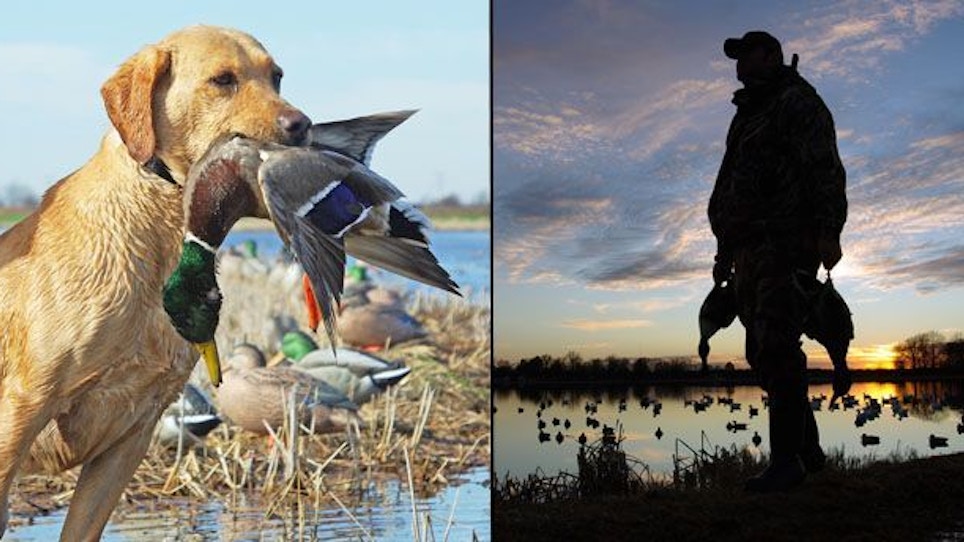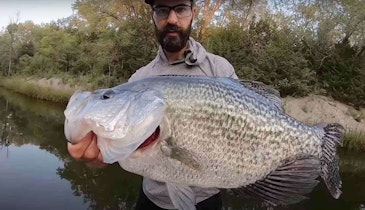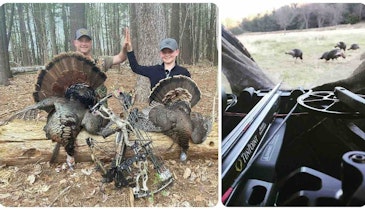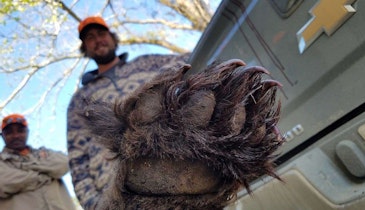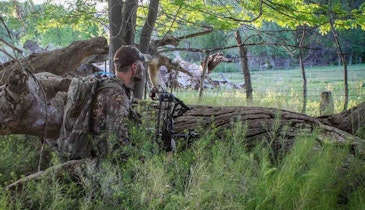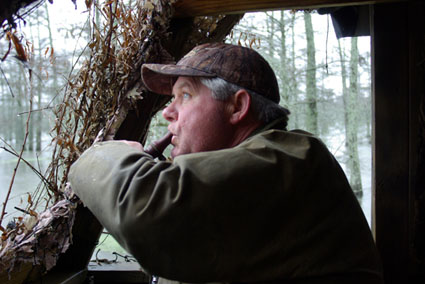 The best hunting photos often are those shot when the subject wasn’t posed and looking at the camera. |
Duck hunters witness many unforgettable things outdoors: beautiful sunrises and sunsets, spectacular gatherings of migrant birds, enchanting landscapes, interesting animal behavior, remote wilderness areas. That’s the foremost reason many of us hunt. We enjoy the outdoors and the marvels of nature we find there.
Photography allows us to share these scenes with others. Yet when we take a camera on a hunting trip, many of us fail to take photos that demonstrate why we love our sport. Instead, we snap a few shots of hunting buddies holding up dead birds, and that’s it.
If we want others to enjoy our hunting photos, and to gain some understanding about why we hunt when they see them, we should use forethought in choosing our subject matter.
If you photograph your buddies holding up ducks they’ve killed, for example, take time to set up a shot that minimizes blood and shot holes.
Also, remember to photograph all enjoyable aspects of your hunt. Snap a shot of your hunting companions eating breakfast in the blind or a friend savoring a beautiful sunrise. Capture the simple beauty of decoys silhouetted on the water or the excitement of a hunter drawing a bead on incoming ducks. Set your camera on a tripod, turn on the self-timer and photograph your hunting party sitting around the campfire at day’s end. Do your best to capture the flavor of each hunt.
There’s no reason you can’t shoot photos and shotshells on the same outing. When I go duck hunting, I use my camera first, shooting a few photos during those golden minutes around sunrise. Then I exchange my camera for my shotgun and enjoy some time hunting. Before I leave, I spend another hour or so shooting photos. When all is done, I have ducks for dinner and photos that allow me to share the experience with others.
Here are additional tips to help you capture better images of your hunt:
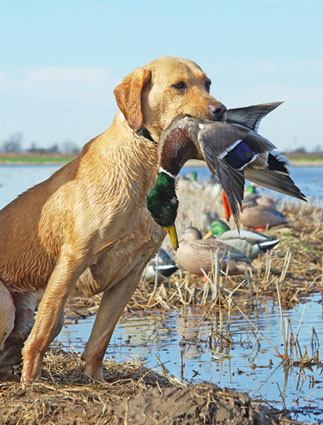 Good retriever photos are so to be enjoyed by those who see them. |
Avoid A Posed Look
When shooting photos of a fellow hunter, have the person in the shots look busy or comfortable but never posed as if to say, “I’m having my picture taken.” To accomplish this, it’s best — at least most of the time — to avoid having your subject look directly into the camera. If a portrait-type photo is being taken (a “head and neck” shot), then having a person stare into the lens may be very effective. In most outdoor situations, however, better photos will result if the subject is busy doing something while being photographed. This could be a hunter patting his dog, someone cooking, a friend watching the sky for incoming birds or a successful hunter smiling proudly as he looks at the birds he has killed.
Shoot Your Dog
Photos of hunting dogs always have special appeal. Take pictures of them sitting in the blind, retrieving, with a duck in their mouth, sleeping, alone, with other dogs. For the best close-up photos, always shoot while squatting at the dog’s eye level.
Sun Up, Sun Down
The minutes around sunrise and sunset provide the best light for dramatic duck-hunting photos. This is a good time for shooting silhouettes of your friends holding birds, setting out decoys or shooting. Pictures of the actual sunset or sunrise add beauty to your photo package.
Camp Snapshots
Hunting camp photos are always memorable. Snap a shot of the cook at work, folks sitting around the campfire, scenic vistas with the clubhouse or camp visible, hunters arriving in boats and more. Try to document all aspects of camp life.
Shoot Your Companions
Photograph your hunting partners, and share the images later by providing prints or a CD, or posting the shots on Facebook or a photo website. Don’t overlook possibilities for candid photos of your buddies using duck calls, wading to a hunting site, sleeping in the blind or doing other everyday things.
Wait Late
For really dramatic photos, unload and case your guns at the end of the hunt, then, if legal where you’re hunting, stay an extra hour or so and have a partner call while you try to photograph ducks dropping into your hunting hole.
Carry a camera. Shoot your hunt. Do this, and you can always relive those magic moments spent duck hunting.
